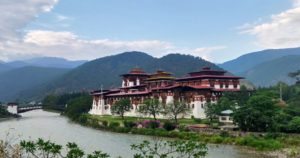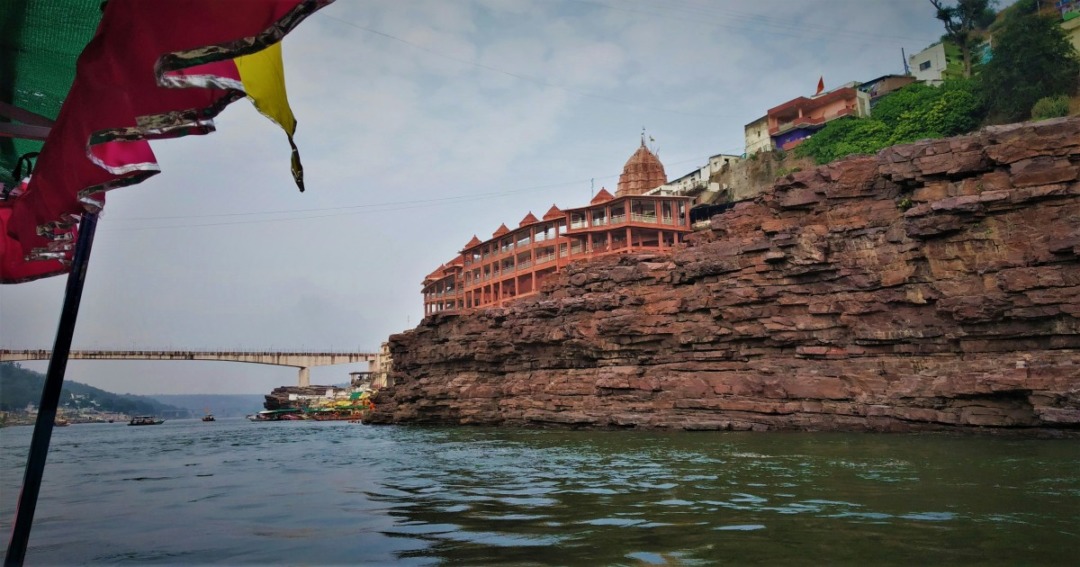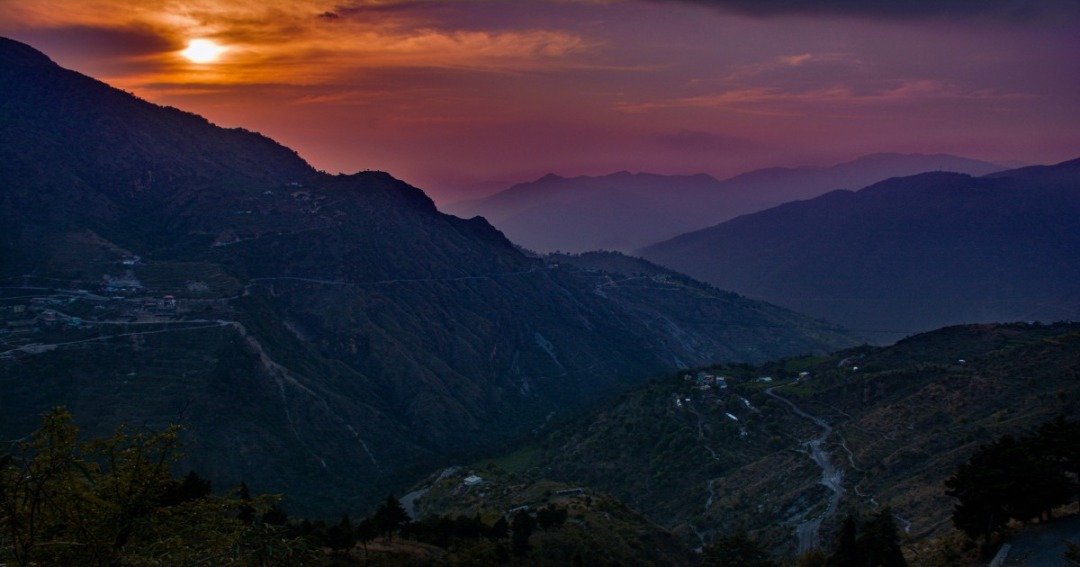
![]()
New Delhi, Sept 2025 — Citizens of Nepal and Bhutan will no longer need a passport or visa to travel to India. The rule, which took effect on September 1 under the new Immigration and Foreigners Act, 2025, formalises India’s long-standing open border policy with its closest Himalayan neighbours.
Entry Without Documents

According to the Ministry of Home Affairs, travellers from Nepal and Bhutan can now enter India directly by road or air through official border points without carrying any travel document. Passports, voter identity cards or citizenship certificates will still be accepted but are no longer mandatory.
Relaxed Rules for Children
For children, the government has introduced flexible norms. Those under 10 years of age are not required to show any identification. Children between 10 and 18 years may use a school photo identity card signed by the principal when travelling with parents who carry valid papers.
Who Else is Covered
The exemption also applies to Indian nationals returning from Nepal and Bhutan, and to defence personnel travelling on official duty with their families. However, the facility is limited to direct arrivals. Anyone entering India from Nepal or Bhutan after passing through third countries, such as China, Hong Kong, Macau, or Pakistan, will still need a passport.
Wider Humanitarian Exemptions
The new law also grants relief to other groups. These include Tibetan refugees with special entry permits, religious minorities from Afghanistan, Bangladesh and Pakistan who entered India before December 31, 2024, and registered Sri Lankan Tamil refugees who arrived before January 2015.
Security and Monitoring
At the same time, the Act strengthens oversight by requiring hotels, hospitals and educational institutions to keep detailed records of foreign nationals staying with them.
Boost to Regional Ties
Officials said the move is expected to give a boost to tourism, trade and education exchanges, while keeping security safeguards in place.



